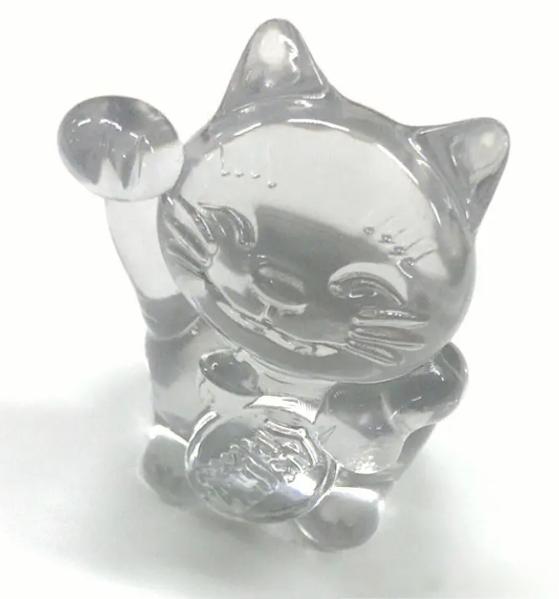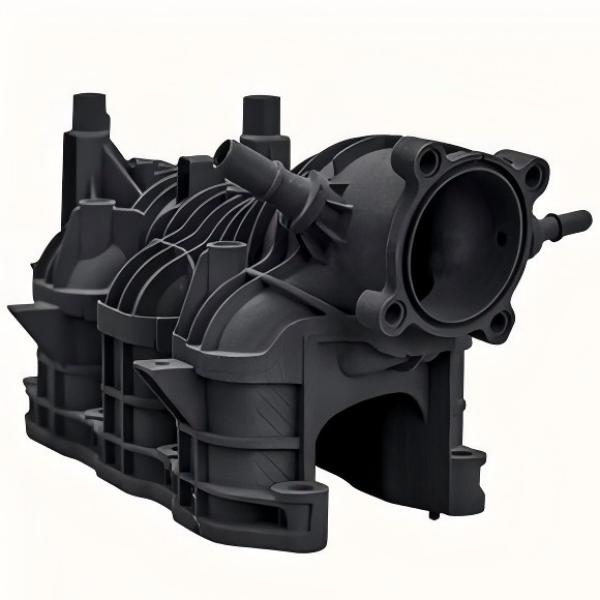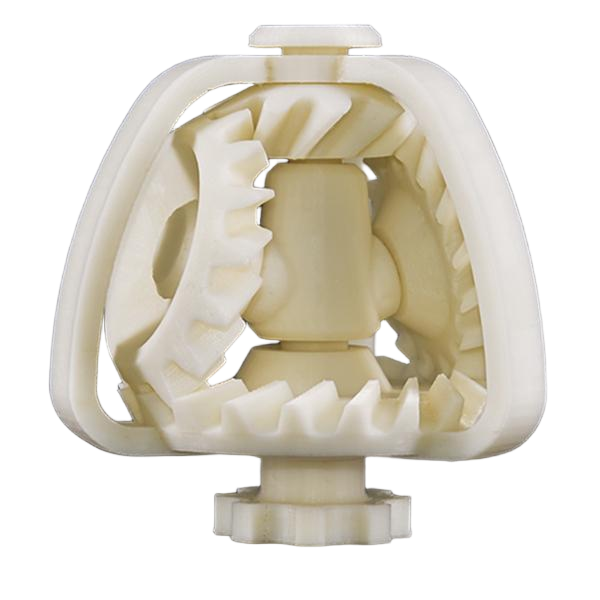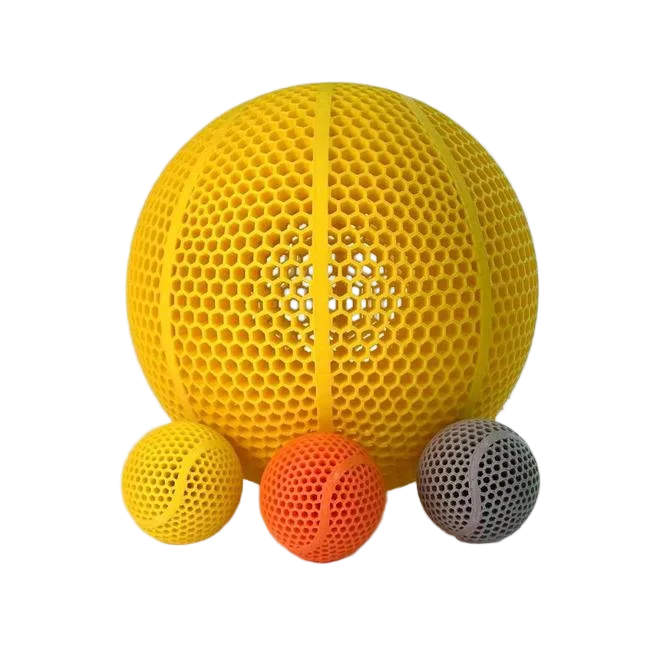Compare 3D Printing Materials
Explore and compare 3D printing materials to find the best fit for your project. From durable plastics to flexible resins, our guide highlights key properties like strength, flexibility, and surface finish, helping you choose the right material for prototyping, production, or custom parts.
PC-Like Translucent
Process: SLA
Transparency, Stiffness
PC-like translucent material combines excellent translucency with high stiffness, making it an ideal choice for precision components. Through customized post-processing, functional light-transmitting effects can be achieved, delivering both aesthetic appeal and performance. With high tensile strength and modulus, this material is especially suited for creating functional prototypes that emulate injection-molded polycarbonate, meeting the dual demands of mechanical performance and visual quality for engineering prototypes and small-batch production.
PA+GF
Process: SLS or MJF
Temperature Resistance, Durability, Dimensional Stability
PA+GF is a polyamide powder material reinforced with glass beads, which significantly improves stiffness and dimensional stability. Compared with unfilled polyamide, this material offers higher heat resistance and demonstrates excellent long-term wear performance. However, due to the addition of glass, its impact strength and tensile strength are relatively lower than those of other nylons.
ABS-Like
Process: FDM or SLA
Moisture Resistance, Durability
ABS-like material is a durable and versatile prototyping material suitable for producing both functional and aesthetic parts. Its front surface is smooth, while the side walls and bottom have a matte finish, giving parts an appearance similar to injection-molded components. The material offers good dimensional stability, moisture resistance, and is easy to post-process, making it ideal for rapid prototyping and functional testing.It is usually available in black and white.





